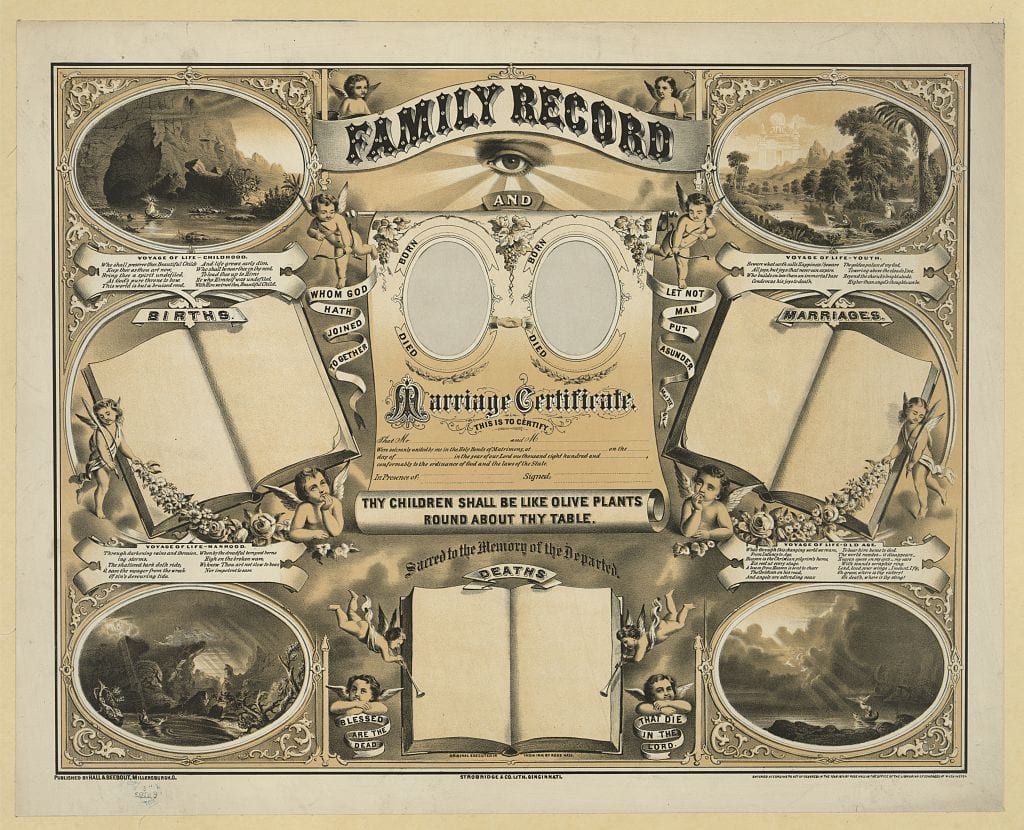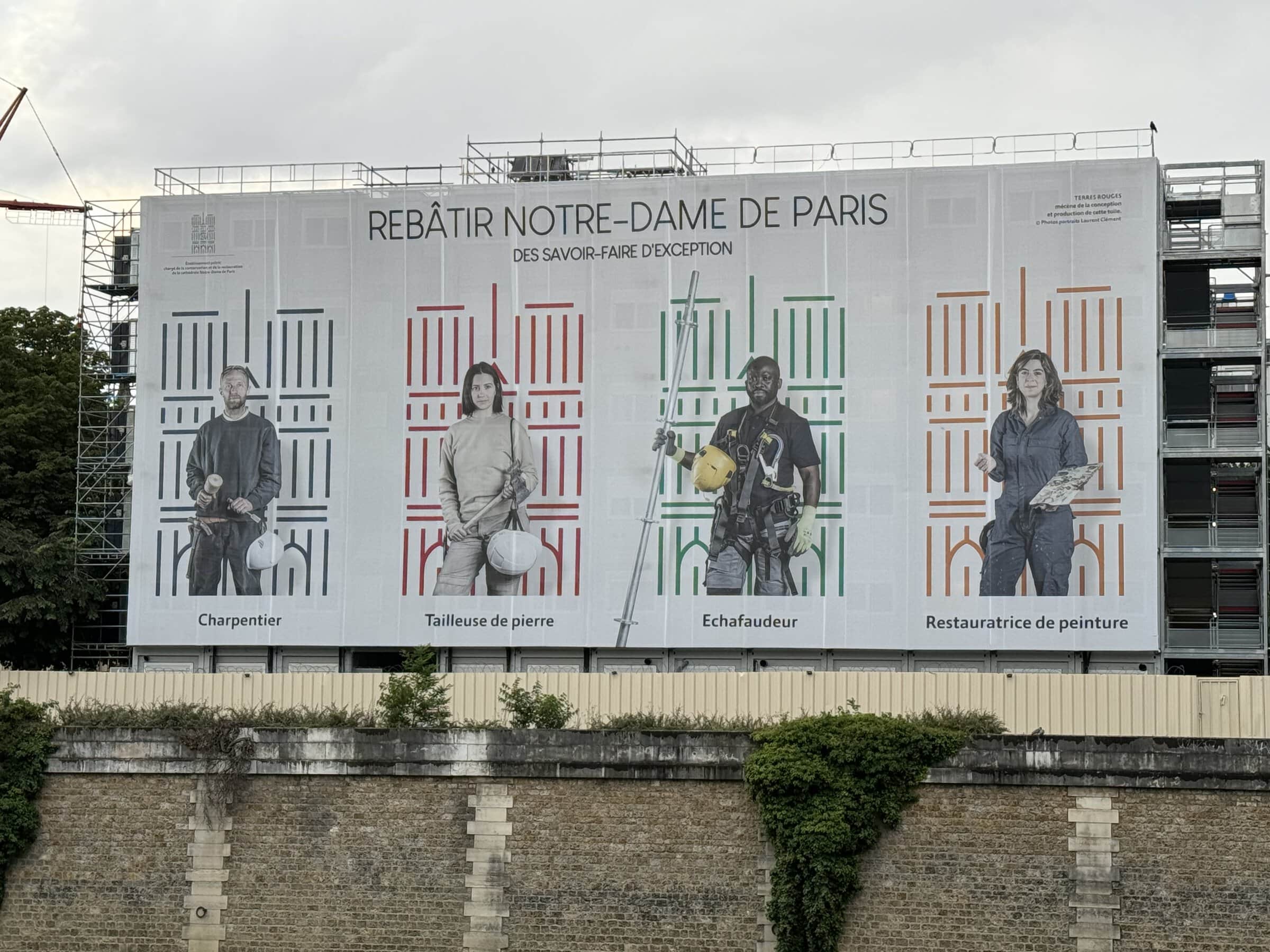As historians of empire, we write histories that transcend imperial and national borders using a transimperial methodological approach. Emerging out of the long lineage of the transnational turn and building on frameworks like the interimperial, “entangled empires,” and other comparative methods, this approach shifts historians’ focus to spaces between empires and beyond imperial metropoles. Its eclectic nature can offer scholars of non-European empires and other imperial margins a methodological grounding to consider imperialism—and anti-imperialism—as a project shared across empires and colonies.
-600x455.jpg)
Kisaburō Ohara, A Humorous Diplomatic Atlas of Europe and Asia (1904). Cornell University, PJ Mode Collection of Persuasive Cartography
We were drawn to the transimperial approach because itoffers exciting ways of rethinking and reframing conventional narratives on empires. But practically speaking, it presents challenges for us as international history graduate students. In sharing our research journeys, we look to start a conversation about the bureaucratic, methodological, and logistical challenges of exploring transimperial history in a world divided by national borders.
Each of us was drawn to the transimperial for different reasons. A resident of Hong Kong, Vicky moved among southern China, Singapore, and the United States, an experience that sparked an interest in how the Japanese and US empires collaborated and competed in a shared project of ecological domination and extraction. Inspired by his birthplace of Huelva, Spain—where Columbus set sail for the Americas—Eloy explores anticolonialism and imperialism in the Atlantic world, with a focus on Latin Americans who used US expansion to contest Spanish dominion over Cuba in the mid-19th century. Arko was born and raised in India, though his ancestral home is in present-day Bangladesh, an outcome resulting from the partition of the Indian subcontinent following colonial rule. His project explores race in the context of the British Empire and early Indian migration in the United States, particularly along the Pacific Seaboard.
Researching and writing transimperial history has meant not only crossing the imperial boundaries of the past but also negotiating their legacies in the present as we cross international borders and navigate complicated bureaucracies. Through conversations about the practicalities of transimperial research, we have realized that the transimperialis not simply about new methodologies or approaches, but is often tied to our identities and experiences, both professional and personal. As we’re international students pursuing our PhDs in the United States, our visa status, funding eligibility, and diplomatic ties between the United States and countries where we conduct research were deciding factors in our transimperial projects. None of these issues were made more accessible by the pandemic or the constantly unfolding events that transform global politics.
The transimperial is not simply about new methodologies or approaches, but is often tied to our identities and experiences, both professional and personal.
Our conversation on the transimperial began during a time of isolation. When the COVID-19 pandemic ended in-person seminars and halted research travels, many turned to the digital world for a sense of intellectual community. In the fall of 2021, Vicky started a working group on studies of trans- and anti-imperialism with three faculty and graduate students at the University of Pittsburgh, which Eloy and Arko joined. The working group’s goal was not only to provide a space for scholars interested in multiple empires but also to serve as an experiment in collaborative scholarship among graduate students and between graduate students and faculty. As COVID restrictions eased in early 2022, our engagement with the transimperial also shifted from the conceptual to the methodological, when we embarked on our research travels. As Vicky began her fieldwork in Japan, Arko departed for India and the West Coast of the United States, and Eloy went to Spain. When we reconvened online later in the year, we were surprised to learn that many of the struggles we faced on our archival trips were similar despite the different geographical locations of our collections.
To cross imperial boundaries both intellectually and historically, we first learned to navigate how nation-states marked their legacies. Historically, as the empires we study came undone, the records and memories of the imperial past also became nationalized. Vicky found that informal colonies like Hawai’i and Okinawa, because of their location, are often omitted from organized collections of the US and Japanese empires. As Vicky constructed her own archive from records located across institutions, she had to navigate national spaces that were almost always organized to demonstrate integration—rather than separation—before any transimperial connections could be made. Such challenges can arise even when researching a single empire. Eloy has examined the correspondence of the imperial bureaucracy to see how Cuban rebels in places such as La Habana, New Orleans, and Kingston worked to challenge the Spanish Empire. Each set of records offered its own vision of how the Cuban network worked, depending mainly on the location of its authors and their imperial role. For example, even though the Spanish consul in Veracruz and the governor of Puerto Principe (present-day Camagüey) were part of the same empire, their analyses of the Cuban transimperial network differed significantly. In California, Arko encountered an archive of Indian anticolonial resistance to the British Empire. Documents, mainly undigitized, revealed the extent to which a largely working-class migrant population along the Pacific coast mobilized to foment “trouble” in the country of their birth. It was evidence of resistance to colonial authority being shaped in and executed from a foreign setting, across national and imperial boundaries. This past summer in Delhi, Arko came across documentary evidence that, while not novel, reassured him that Indian anticolonialism had an ethic that transcended the confines of the subcontinent.
There are particular overlapping challenges for all scholars doing research internationally. Yet, as holders of foreign passports, we have found that traveling across national borders and in and out of the United States brings unique anxieties. The amount of time we have at the archives is determined by the type of visa we can acquire for our destination and that we hold in the United States. For instance, Eloy’s J-1 visa forbids him from being outside the United States for more than a month, severely limiting the time he can put into archival research. Similarly, Vicky’s F-1 status only grants her the right to a single-entry visa to Japan. Arko has not faced visa challenges so far, but his F-1 visa makes him mindful of time he spends at the archives and devoted to writing. Strict semester-by-semester program deadlines that might seem reasonable for domestic students have the potential to complicate the PhD journeys of international ones.
As a result of these issues, planning every trip becomes a long and draining process of visa applications laden with additional fees and paperwork. Seemingly minor restrictions on photography and the quantity of material that can be requested per day become crucial factors in determining the extent and possibilities of research. Every single day at the archive thus becomes exacting and strenuous as one tries to maximize one’s time in it. In addition to the usual constraints of time and funding faced by all historians, the likelihood of being unable to make a return trip is very real.
Planning every trip becomes a long and draining process of visa applications laden with additional fees and paperwork.
International politics and the relationships between and among our home countries, countries of research, and the United States also influence our research plans. Unsurprisingly, traveling to Cuba as an international student in the United States has not been easy for Eloy, and he carried the risk of jeopardizing his visa status. This drove him to design two different dissertation projects tailored according to the possibility of visiting the island. Eloy engaged in countless communications with US representatives here and in Spain, his university, and numerous colleagues to gain the necessary authorizations to conduct research as an international student in Cuba. After months of back and forth, he finally went to Cuba. In Japan, Vicky experienced prolonged interrogations at the port of entry in Okinawa. That led her to change her dissertation from the contentious topic of anti-military-base movements and Indigenous land rights to the transpacific environmental history of sugar. Ideally, Arko would like to study archival material in British Columbia, Canada, but that means applying for a Canadian visa; his F-1 visa on an Indian passport permits him short-term visa-free travel to, say, Mexico but does not grant him the same right north of the US border.
Our research journeys illustrate the need to discuss the logistical, bureaucratic, and methodological challenges of conducting transimperial research. While this approachopened up novel insights into imperial history, our research experiences in different geographies demonstrate that transregional research cannot be separated from our personal circumstances as international students traversing a world bounded by national units. As transregional and global histories continue to grow and attract young researchers from all over the world, we hope to further conversations about the intersections of research, scholarship, and our own identity as global historians in a world of nation-states.
The authors thank the members of the Empires Cluster in the Department of History at the University of Pittsburgh and the Doshisha Center for Transimperial History for facilitating conversations on this subject. We also extend our appreciation to Pernille Røge and Michel Gobat for their useful insights on an early draft of this article.
Vicky Shen and Eloy Romero Blanco are PhD candidates at the University of Pittsburgh. Arko Dasgupta is a PhD candidate at Carnegie Mellon University.
This work is licensed under a Creative Commons Attribution-NonCommercial-NoDerivatives 4.0 International License. Attribution must provide author name, article title, Perspectives on History, date of publication, and a link to this page. This license applies only to the article, not to text or images used here by permission.


